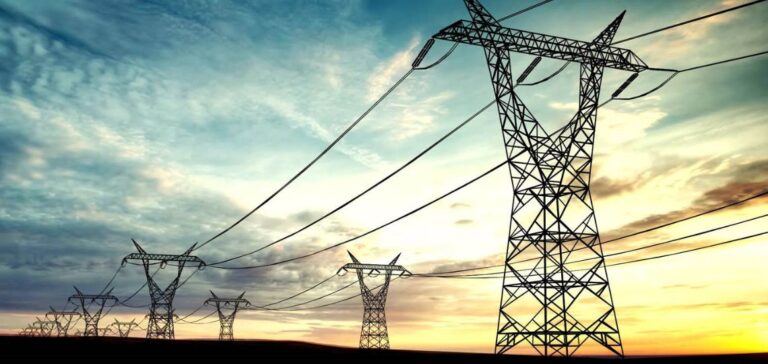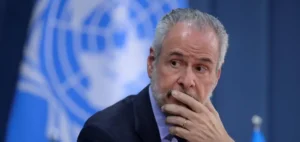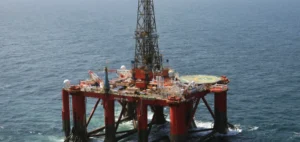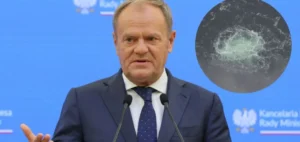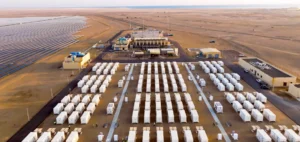Is the interconnection of Asian power grids a new battleground in the Sino-American rivalry? For a long time, this question seemed unfounded, as the interconnection of power grids was essentially based on commercial considerations. Today, the situation has changed with the progressive electrification of Asian companies and Sino-American technological rivalry.
On the one hand, the electrification of societies has facilitated the development of large interconnected regional power grids. On the other hand, this interconnection of networks relies on the control of key technologies, which are the subject of a veritable geopolitical battle. This is why regional power grids are emerging as new arenas for power struggles. Located at the heart of global growth, Southeast Asia is a decisive territory in this context of rivalry.
Developing power grid interconnections in Southeast Asia
Over the past few years, Southeast Asia has placed great emphasis on the interconnection of power grids to enhance its energy security. This is particularly true of the Mekong countries, which form a common network known as the Greater Mekong Subregion (GMS). It links China with Cambodia and Myanmar, and crosses Laos, Vietnam and Thailand. ASEAN has also unveiled an ambitious plan to interconnect and modernize its power grids, entitled theASEAN Power Grid.
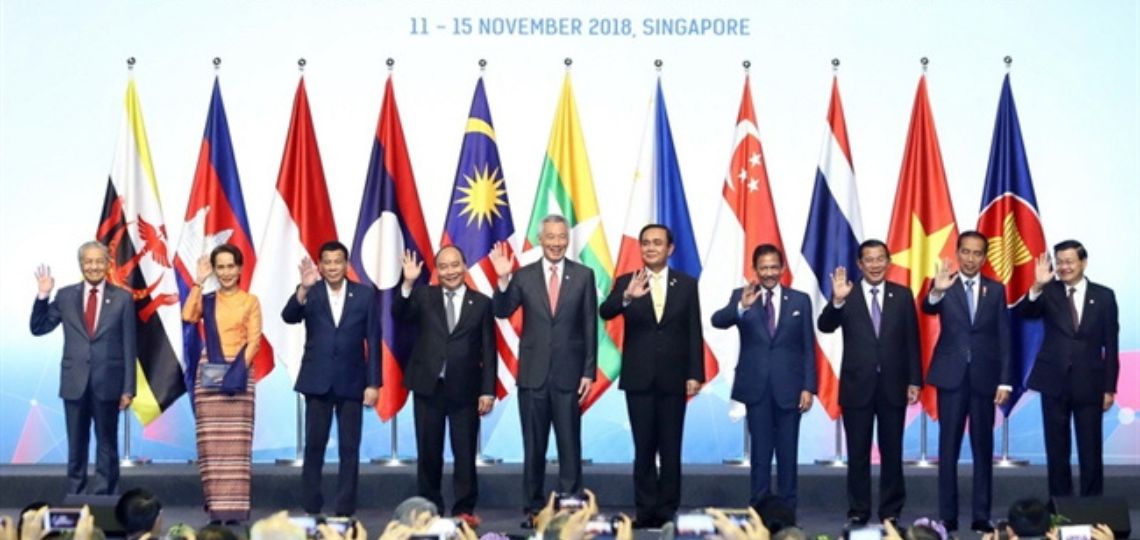
This desire to interconnect power grids is due to the significant gains made in terms of integrating renewable energies. Because they are difficult to control, they create imbalances on electricity markets, especially at peak times. An interconnected network can therefore limit this instability by facilitating the exchange of electricity between states. According to the World Bank, Southeast Asia could save almost 5% in electricity production costs.
Grid interconnection can also significantly reduce the region’s dependence on imported fossil fuels. Thailand and Vietnam take advantage of the GMS to import hydroelectricity from Laos and Cambodia. For these countries, this is a major challenge if they are to achieve the climate objectives set out in the Paris Agreement. That’s why South-East Asia is set to see strong growth in its power grids in the years ahead.
China’s role in the interconnection of Asian power grids
To facilitate regional exchanges, Asian networks will have to undergo a profound technological modernization. This will involve the installation of interconnectors and long-distance lines capable of handling a large flow of electricity. In this field, Chinese players dominate the market thanks to their technological lead. China’s State Grid and Southern Power Grid are the only companies able to install ultra-high-voltage lines.
This UHV technology is particularly important for facilitating the interconnection of power grids. In fact, by reducing losses over long distances, it lowers electricity transmission costs. Mastery of UHVs therefore gives Chinese players a major competitive advantage in Southeast Asia. Pakistan, Laos and Cambodia have already entrusted the modernization of their power grids to Chinese companies.
This push by Chinese players is encouraged by Beijing as part of its Belt and Road Initiative (BRI). The government is promoting an ambitious plan for continental interconnection, the Global Energy Interconnection Initiative (GEII), by 2049. Economically, the plan is designed to export China’s excess electricity capacity. Politically, GEII aims to strengthen Chinese influence by creating a de facto interdependence between Beijing and its neighbors.
The geopolitical dimension of Asian power grid interconnection
To counter China’s influence, the United States is promoting a strategy known as Free and Open Indo-Pacific. This strategy aims to invest in energy infrastructure and promote free-competition standards in Southeast Asia. In terms of power grids, this translates into clear support for alternative interconnection projects to Chinese ones. Washington thus supports SAARC, a project promoted by New Delhi to interconnect the Indian subcontinent.
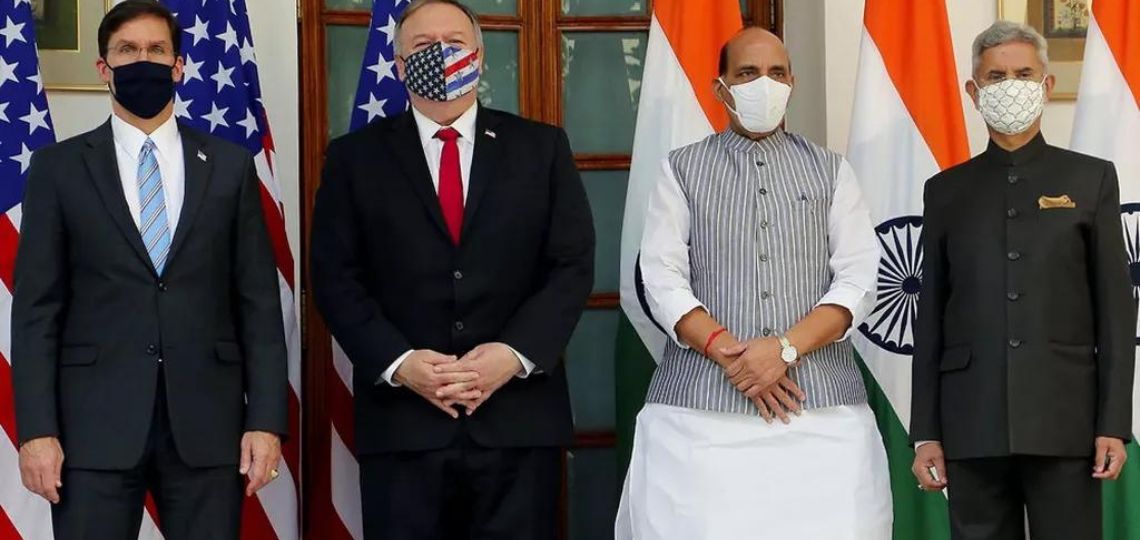
Similarly, the United States has signed the US-Mekong Partnership to counter the GMS, which is largely dominated by China. Nevertheless, the Americans are finding it very difficult to offer a competitive network interconnection solution. This is because the United States has not mastered the technologies associated with interconnected, centralized networks. In the United States, for example, there is currently no interconnection between the country’s three main power grids.
Paradoxically, this delay has enabled the American private sector to invest massively inmicrogrid technologies. This is a crucial point, because far from competing with China on interconnected networks, the United States dominates decentralized networks. However, a microgrid can encourage the integration of renewables by improving demand flexibility. As a result, decentralized networks have the potential to drastically reduce the need for power grid interconnections.
In Southeast Asia, microgrids are the subject of growing interest. On the one hand, the geographical conditions of the region, made up of mountains and islands, favor micro-grids in terms of cost. On the other hand, the numerous typhoons make it necessary to develop decentralized networks as a factor in balancing electricity markets.
The United States and China have thus made power grids a new battleground in their strategic rivalry. Today, in Southeast Asia, we are witnessing a real struggle for influence between the two powers in this field. Without doubt, this competition can open our eyes to the geopolitical importance of power grid interconnection, which has unfortunately long been underestimated.


